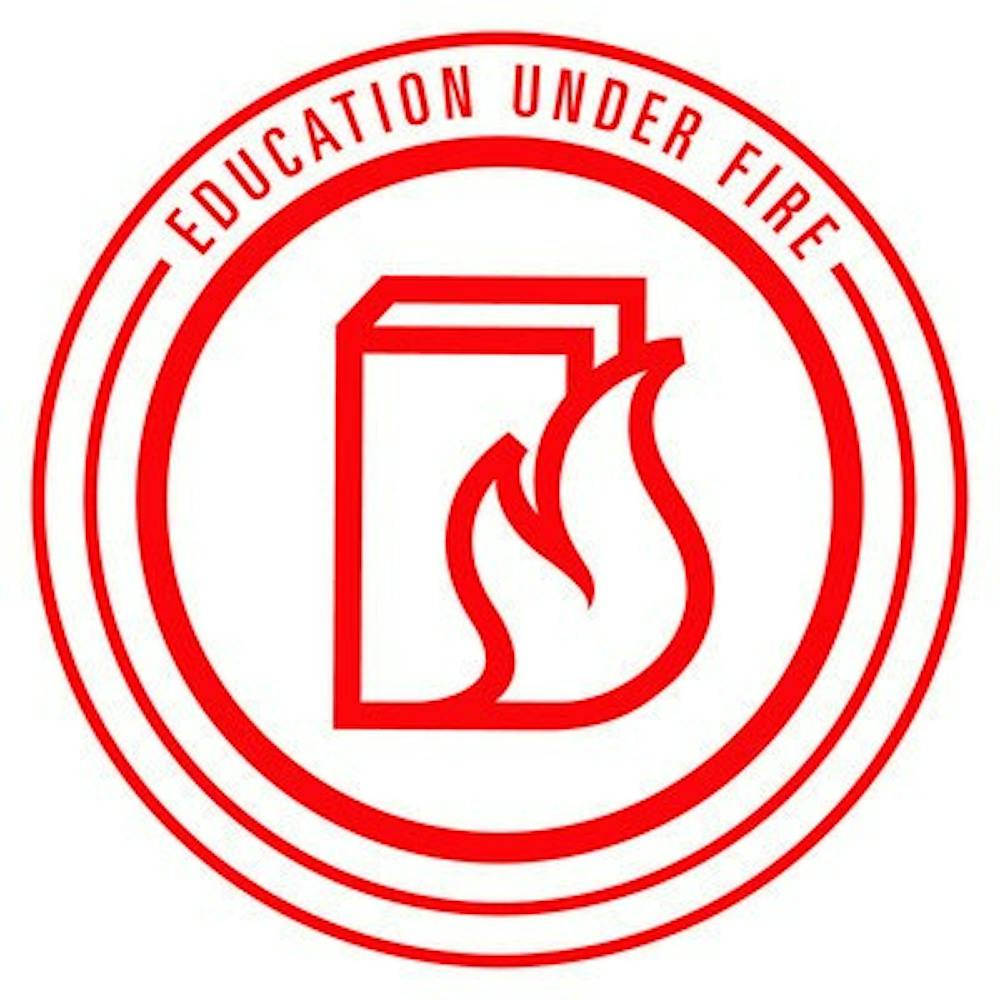Founded in 1844 in Iran by Baha'u'llah, the Baha'i faith is a monotheistic religion that seeks to emphasize the spiritual unity of all mankind.
Since its founding, the Baha'i have faced discrimination in Islam-dominated Iran.
One film is trying to change that.
On Saturday, June 2, at 7 p.m., the Auburn University Baha'i Club and the Auburn Alliance for Peace & Justice co-presented the documentary, "Education Under Fire," at the Auburn Unitarian Universalist Fellowship at 450 E. Thach Ave.
The 30-minute documentary details the systematic persecution of people of the Baha'i faith in Iran, including the denial of access to higher education, opening of businesses and participation in other areas of Iranian society.
The film focused on the creation and current suppression of the Baha'i Institute of Higher Education, which was created by Baha'i Iranian professors in response to the denial of higher education to Baha'i students.
Because of the discrimination of Baha'i in Iran, BIHE has to operate covertly, holding classes in people's homes and grading assignments through a personal network of friends and helpers.
Celebrities of the faith, such as Rainn Wilson of NBC's "The Office," have come out in support of the documentary to help raise international awareness.
An informal discussion followed the film with 19 people in attendance, including Jack Guillebeaux of Montgomery.
Guillebeaux is African-American and Baha'i, which allows him to see the parallels between the rights denied to Iranian Baha'i today and the discrimination he faced growing up in the South during the civil rights movement.
Guillebeaux was concerned with letting the elected officials in Alabama know about those in Iran denied of their human rights.
"We elected and put these people in office, and it is our responsibility to continually remind them of what is right," Guillebeaux said.
"We're sure going to be getting a lot of practice raising our voices."
Guillebeaux's wife, Fafzaneh, is from Tehran, Iran, and can remember the discrimination she faced growing up.
"Baha'i were portrayed as anti-Islam, and this ignorance continued well until the 1979 Islamic Revolution," Fafzaneh said.
After viewing the film, Jishnu Saha, senior in chemical engineering, said it seemed like the Baha'i weren't even citizens.
"With such basic rights being denied, it almost seems like these people aren't part of Iranian society," Saha said.
This film may have remained on the fringes of student awareness had the Baha'i Club not been around to screen it.
While there has been some form of a Baha'i Club since the 1980s, the current chartered club was formed in Spring 2011 by sisters Nourah and Eman Said.
Growing out of the small Baha'i group already present in Auburn, the sisters sought to have a Baha'i presence on campus.
This is the second screening of the film by the club, the premiere having happened on March 1 in the Student Center ballroom.
80 people were attendance, and a formal discussion panel was held afterward.
The club hopes to donate two copies each of the documentary to the Ralph B. Draughon Library and the Auburn City Library for interested parties to view.
The club still holds devotionals, study circles and regular meetings and can be contacted through their official Facebook page under "Auburn University Baha'i Club."
"We're not worrying about changing the whole world, because you have to start with one community at a time," Said said.
"If we're able to make small changes here, and someone else is able to make changes there, then eventually the world will see the difference."
For more information on the Education Under Fire campaign, visit educationunderfire.com.
To learn more about the Baha'i faith, visit bahai.org.
Do you like this story? The Plainsman doesn't accept money from tuition or student fees, and we don't charge a subscription fee. But you can donate to support The Plainsman.




